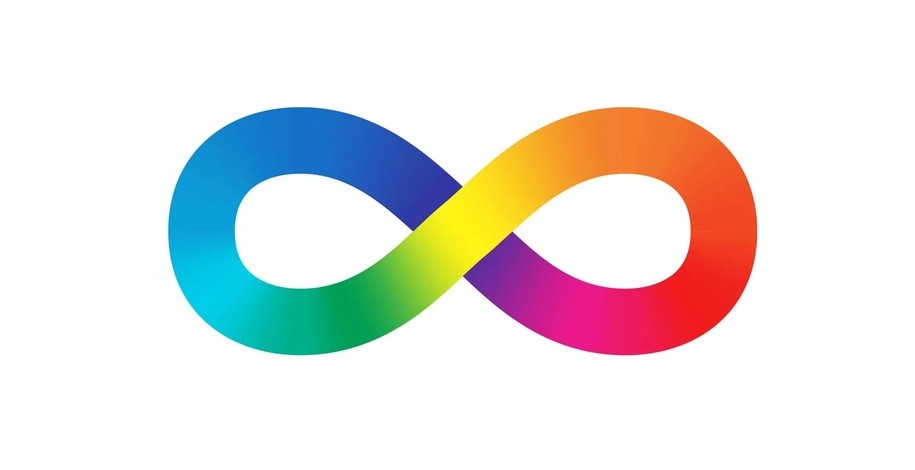- treating members of that group with respect and common human decency,
- listening and learning about how members of that group talk about themselves, and perhaps most importantly,
- making an honest and active effort to welcome and include members of that group in the world at large
And those types of steps are just the beginning of moving past awareness to true acceptance, whether we’re talking about autism, or acceptance of any group that’s been unjustly maligned or stigmatized.
For me supporting autism acceptance is a deeply personal issue. When my son was diagnosed as autistic last year, I did what I always do when faced with something new. I vacuumed up all the information I could about what autism is, how you talk about it, what impacts it can have on both autistics and those who care for them. And along the way, it became very obvious to me that while I’ve never received a formal diagnosis of autism myself, I have absolutely no doubt that if the diagnostic tools and knowledge about autism that we have now, had been available when I was a little kid in the 1980s, I would have been diagnosed as autistic.
Without turning this story into a confessional because that’s way outside my comfort zone, and the fact that this isn’t about me, suffice to say a diagnosis of autism would explain so much, and would fit in just so perfectly with many issues and difficulties that I have dealt with in the past and that I continue to, struggle with. As a personal choice, out of deference and respect to people who have received a formal diagnosis, I don’t refer to myself as autistic, even though I most assuredly am. Be that as it may, in trying to learn the best ways to support my son, I learned something profoundly important about myself.
If you’re interested in more ways to make the world more inclusive for both autistics and other neurodiverse individuals, here are a few resources I’ve found worth the time:
So to wrap up this post, whether you’re autistic or not, or you know someone who is autistic, or you just want to be an ally, please try and do right by them. Whether autistic or not, we are all in this crazy thing called life together, and each and every one of us deserves to be treated with kindness, compassion, and dignity.
Thanks everyone for reading, and let’s all works towards Autism Acceptance Everyday!
This content was originally published here.
